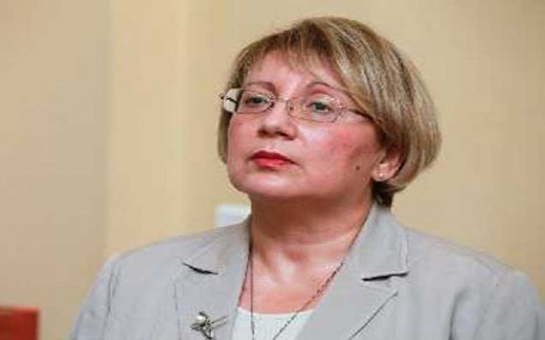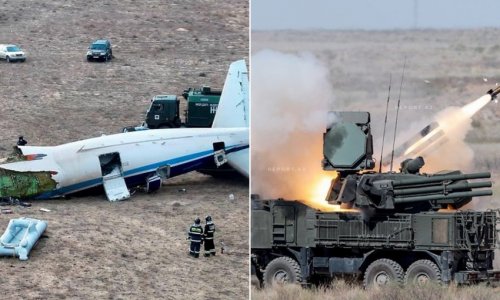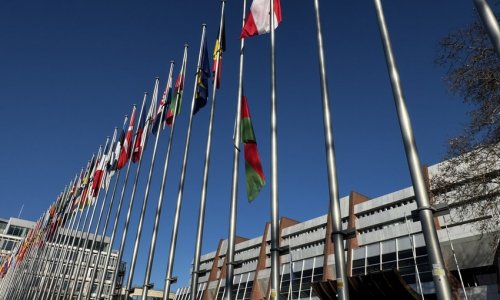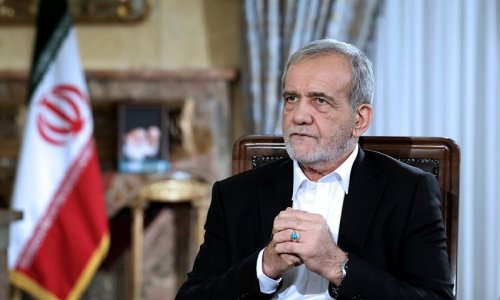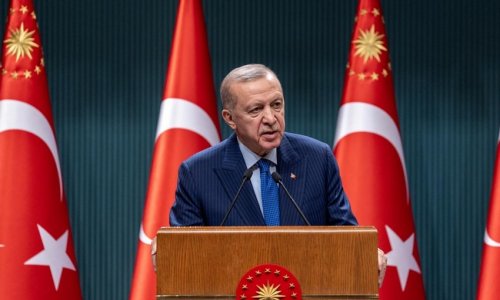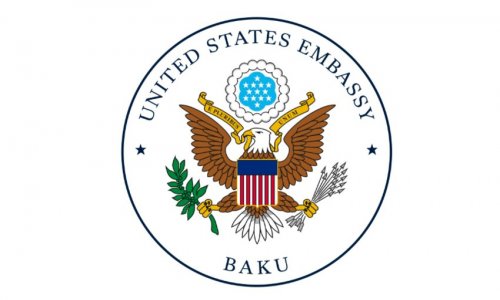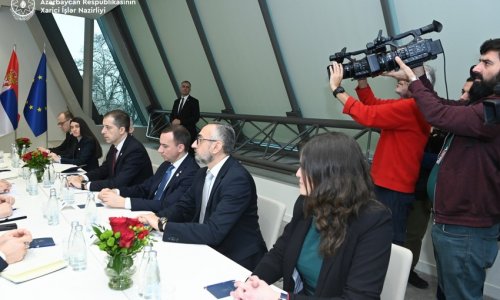The oil-rich government of Azerbaijan is coming under scrutiny from a prominent natural resources industry watchdog over a crackdown on human rights activists and non-governmental organisations.
The Extractive Industries Transparency Initiative, a voluntary grouping of resources companies, governments and NGOs designed to fight corruption, has sent a delegation to Baku to investigate the situation and may consider suspending Azerbaijan’s membership, according to Jonas Moberg, head of the EITI secretariat
Azerbaijan, which ranks 127th of 177 on Transparency International’s corruption perceptions index, has in recent weeks stepped up an offensive against independent voices, freezing the bank accounts of NGOs and jailing three of the country’s most prominent human rights activists.
The investigation by the EITI comes in response to growing pressure from international watchdogs on the organisation and its member companies that invest in Azerbaijan.
Human Rights Watch, the New York-based advocacy group, last week wrote to BP, the largest foreign investor in Azerbaijan, calling on the company to “publicly denounce the civil society crackdown in Azerbaijan as a ‘manifest breach’ of EITI’s rules”.
BP on Saturday hosted a groundbreaking ceremony for the Southern Corridor pipeline – part of a $50bn project to pipe Azerbaijan’s gas directly to Europe for the first time – attended by UK trade minister Lord Livingston.
The EITI’s response is likely to be closely watched as a test case of the organisation’s effectiveness in addressing human rights issues.
Set up a decade ago at the initiative of Tony Blair, the former British prime minister, the EITI brings together resources companies and governments of resource-rich countries in an attempt to enhance transparency and tackle corruption. Mr Blair was recently hired to advise the BP-led consortium developing the Southern Corridor project on political and reputational issues.
The EITI relies on a network of local NGOs in member countries. However, according to HRW, more than half of the 110 NGOs that work with the EITI in Azerbaijan have seen their funding restricted because the government has frozen their bank accounts or refused to register their grants.
At the same time, three of the most prominent human rights activists in Azerbaijan – Leyla Yunus, Arif Yunus and Rasul Jafarov – have been arrested in the past two months on charges ranging from tax evasion to treason which HRW describes as “bogus”.
The crackdown began ahead of presidential elections a year ago, but the situation for human rights workers and opposition figures has deteriorated dramatically over the summer, activists say.
Hugh Williamson, director of Europe and Central Asia for HRW, said Azerbaijan was “almost entirely intolerant of the free speech role of civil society that should go along with business”.
In response to HRW’s letter, BP said it welcomed the EITI investigation into the situation in Azerbaijan.
Mr Moberg said that the EITI recognised that “there are problems” in Azerbaijan, and that it would consider its response at a board meeting in October . “[If] one considers the EITI standard is in a significant way not being adhered to, that could lead to a decision of suspension,” he said, but noted that “the EITI is about working with countries on reform”.
A spokesman for Azerbaijan’s foreign ministry said the country was committed to “democratic development”.
Sofaz, the country’s $38bn sovereign wealth fund, said in a statement that Azerbaijan was “strongly committed to advancing EITI implementation”.
“Some reports by NGOs do not reflect the real situation on the ground in Azerbaijan,” he said.
(The Financial Times)
Bakudaily.Az

